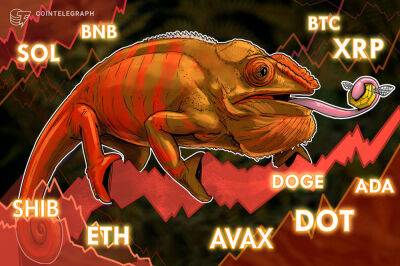When it comes to international financial fraud, New Zealand is far from squeaky clean
Alongside endangered birds, abnormally large sheep and – in the popular imagination – hairy-toed hobbits, New Zealand is a haven for another curious specimen: the illicit flow of offshore finance. The world’s fraudsters and tax dodgers channel funds through the Pacific island nation at a rate quite at odds with its squeaky-clean, highly ethical global image.
New Zealand’s latest attempt to make reality match reputation came late last month, as the commerce minister, David Clark, pledged to introduce a publicly accessible register that would list the true (“beneficial”) owners of New Zealand-based companies. Such a move would represent a form of catch-up – Britain has had one since 2016 – and has long been urged by global bodies such as the Financial Action Task Force (FATF).
Much international fraud relies on something known as “the shell game”, in which income and assets are funnelled through a series of interlinked “shell” companies, partnerships and trusts. The aim is to keep the true owner of the wealth secret, so that anti-corruption bodies and tax authorities cannot track down their bribery payments or require them to pay tax. Hence why many global bodies now refer to “secrecy jurisdictions” rather than “tax havens”.
Organisations like the Tax Justice Network have found New Zealand to be a player, albeit a small one, in the market for secretive offshore finance. Official analysis shows at least $1.35bn of income for money-laundering is generated inside New Zealand each year. Crucially, though, authorities have no idea how much is channelled into or through the country by global fraudsters using New Zealand-registered companies.
Such fraudsters are, a 2021 FATF report found, using the country’s reputation as “a
Read more on theguardian.com

















![STEPN [GMT] rallies but is demand conspicuously missing - ambcrypto.com](https://finance-news.co/storage/thumbs_400/img/2022/5/13/25563_nxq.jpg)


